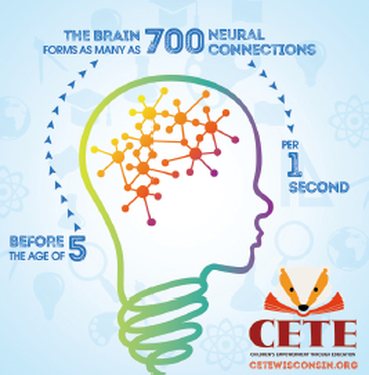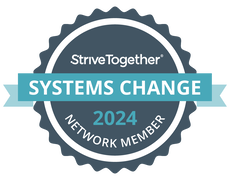|
A newborn will have an estimated 2,000 days until they begin school. The United States Department of Health and Human Services’ website shares that “one in four children through the age of five are at risk for a developmental delay or disability.” Developmental screenings have been embraced by the Center for Disease Control since they are effective in detecting developmental disabilities. They estimate that before beginning kindergarten, only 3 out of every 10 children with developmental issues will have them acknowledged. Medical, social, and educational costs down the road can potentially be reduced when children with disabilities are given times to work on their development and quality care during those early years, according to the World Health Organization. The Ages and Stages Questionnaire, commonly referred to as the ASQ-3, is a free, 15 minute assessment tool that shows how a child is developing. It focuses on gross motor and fine motor skills, problem solving, communication, and personal/social skills. The assessment is typically filled out by a child’s parent or guardian online or in a paper format, but it can be done at a doctor’s office or childcare center as well. This is not a one-time assessment. “The American Academy of Pediatrics has recommended that pediatricians do the ASQ at 9 months, 18 months and 24 to 30 months,” explains Jodee Rizzitano, Public Health Nurse & ASQ trainer. “[But] there’s really no age between one month of age and five that they don’t qualify for a screener.” Rizzitano says the goal for the programs they train, and the children those programs work with, is “ to make sure they're getting any kind of intervention—early intervention—so they’re more prepared for kindergarten.” She states that once the ASQ is completed, parents are given appropriate feedback and possible resources based on their results. What Can You Do?
Get Involved Locally
Comments are closed.
|
Categories
All
Archives
May 2024
|


